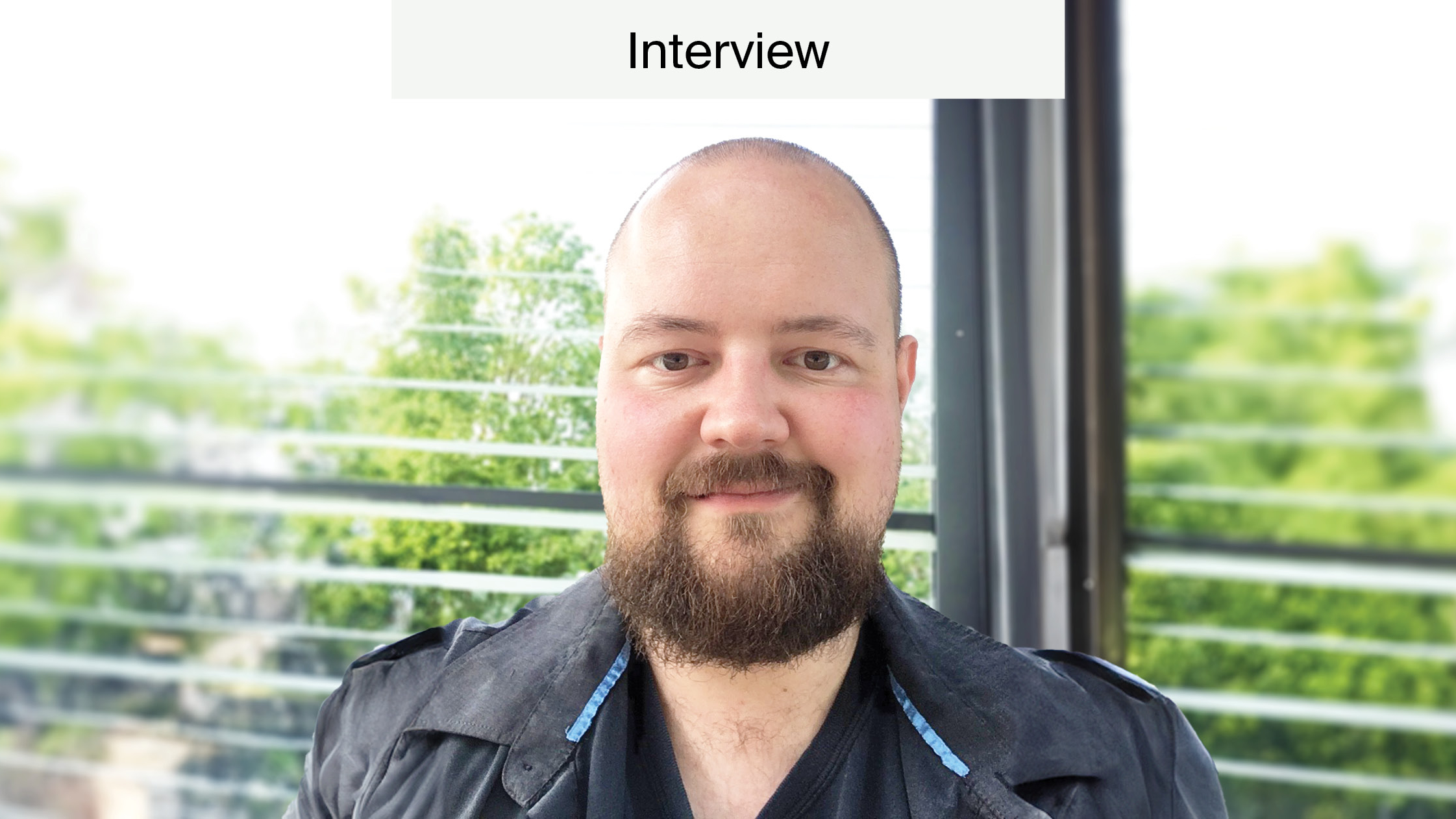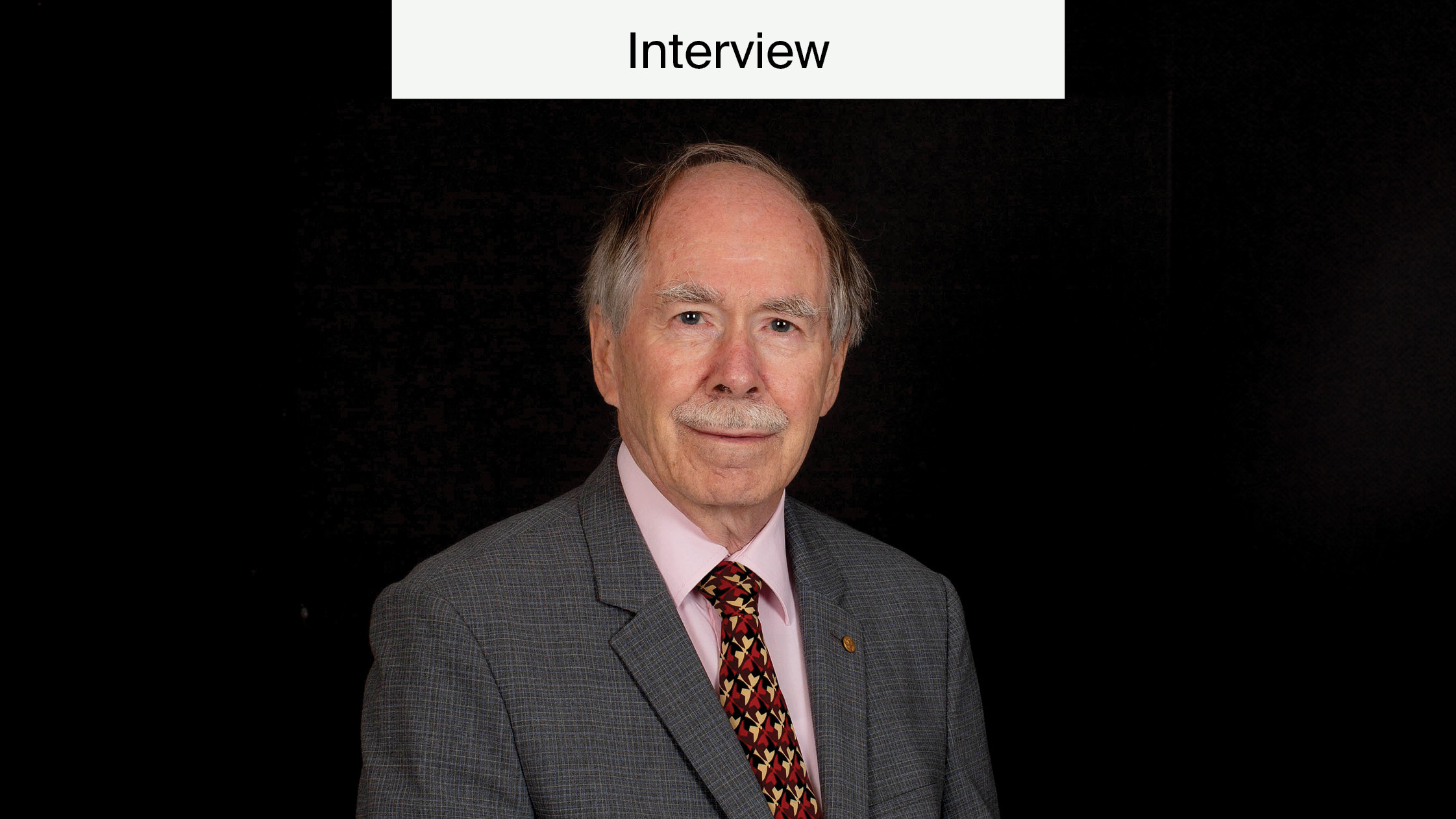
Physical Activity and Brain Health—Italia Di Liegro Interview
Prof. Italia Di Liegro, Editorial Board Member of Genes, who recently edited the Special Issue “Genetic and Epigenetic Modulation of Cell Functions by Physical Exercise”, started her scientific career at the University of Palermo, where she studied chromatin structure and proteins, such as histone variants H3.3 and H1.0. In 2005, she was appointed Full Professor in Biochemistry, focusing on the rat central nervous system and histone variant expression. Currently, she is studying the role of extracellular vesicles (EVs) in both physiological and pathological conditions. In this Italia Di Liegro interview, we explore the Special Issue and how it came together.
With this Special Issue, our objective was to demonstrate that physical exercise has beneficial effects not only on the cells and organs involved but also on the metabolism of the entire organism by influencing the homeostasis and integration of all bodily functions and likely stimulating the production of hormones and other regulatory molecules, each of which affects vital signalling pathways.
Italia Di Liegro Interview
After the successful completion of this Issue, we wanted to share this Italia Di Liegro interview, to showcase her motivations and interests.
What drove you to lead this Special Issue?
She was very interested in this subject, most of her research encouraged her to take this challenge. She wanted to highlight the validity of the link between exercise and epigenetics, stating:
“I have been convinced for a long time that synthesis of H3.3 and H1.0 histones can be affected at a post-transcriptional level thanks to interactions with regulatory, RNA-binding proteins. These phenomena are certainly of particular importance in neurons, as their activities are continuously prone to modifications that are epigenetic in nature. Among the phenomena that can affect brain cell activities at the epigenetic level, the production of EVs should also be included. By releasing EVs that contain a variety of regulatory proteins and both coding and non-coding RNAs, all brain cells can influence the functions of each other.”
How is this linked to exercise?
“Working muscles also release EVs that contain a variety of factors, including a specific class of small non-coding RNAs (microRNAs, miRNAs). Some miRNAs (for example, miR-21 and miR-132) may influence brain functions as critical as synaptic plasticity and memory formation. Notably, EVs have been found to bidirectionally cross the blood-brain barrier, which protects the brain from circulating compounds. Thus, we can hypothesize that a variety of epigenetic mechanisms are at work when the brain adapts to the biochemical modifications induced on the whole body by exercise.”
What are the specific reasons that led you to focus on this topic?
She pointed out that “physical exercise is fundamental for the health of our whole body, and thus also of our mind.” She continued by highlighting four key aspects:
“First, the concept has been expressed for centuries, starting from ancient Greek physicians such as Hippocrates (ca. 460–370 BC) and Herophilus (ca. 335–280 BC). Second, I consider the possibility to be really fascinating that our large brain was shaped, through evolution, by the endurance capacity of our ancestors, which is also related to other adaptations such as bipedalism and loss of hairless skin. Third, many experimental studies suggest that, by improving cardiorespiratory fitness and blood pressure, exercise can also have beneficial effects on cerebrovascular health. Last, but not least, exercise induces an increase of circulating growth factors and neurotrophins (called myokines) that are released by contracting muscles and may have an effect on brain functions. Among myokines, the brain-derived neurotrophic factor was found in both the developing and the adult brain.
As a neurotrophin involved in all the most important aspects of neuroplasticity, it is probably determinant for cognition as well. Beside myokines, metabolites are also released from working muscles; among metabolites, lactate has also been considered to be a useful molecule for the brain.”
Di Liegro hopes this Issue will help people change their perspectives
The research “puts together different pieces of evidence to support the concept that exercise is fundamental for improving brain functions and cognition, in both physiological and pathological conditions”. She started with her pupils since many “do not exercise as they should, because they put most of their efforts in studying the different disciplines, and then, in their free time, they prefer to relax, possibly with a tankard of beer in their hand!” Therefore, she has decided to include the topic in her teaching program, specifically, “the biochemical effects of exercise on brain health, showing that even mental consequences of stress and depression can be improved by physical activity, thanks to [the] production of a variety of endogeneous molecules, such as, for example, endocannabinoids and dopamine”.
As all articles can be accessed freely online, she suggested that her students read them, and some are already following her advice:
“One of my students told me that he had experienced an interesting effect when listening [to] the lessons while running in a beautiful place: he had memorized everything in a way, he told [me], much better than when sitting at his desk. She concluded that “after reading how many data actually exist on the positive effects of exercise on brain health, a lot of people might be interested in directly experiencing these effects by themselves.”
What’s your next challenge?
Prof. Di Liegro explained that her team is studying the possible effect of exercise on multiple sclerosis patients. She stated that “preliminary data are encouraging and show that even mild, but constant, exercise can improve their physical abilities”. Additionally, they are monitoring EVs that are released during exercise in both healthy controls and patients to “identify molecules carried by EVs and related to exercise (…), which might be useful as therapeutics in patients who cannot undergo exercise anymore”.
Italia Di Liegro Interview and more
We are very grateful for this Italia Di Liegro interview and for her research. If you want to learn see more research from Genes, visit the journal homepage for more.











Great article!
I think this will encourage many students to play sports before exams)
I fully agree with the idea that physical activty has a very positve effect on brain health and I helped to spread this concept through a study conducted on hindlimb mice.
The paper demostrate that lacking of movement makes it difficult for the body to produce and manitain new healthy neural cells, essential for the brain and nervous system.
It is known fact that healthy body bears a healthy mind. It can be seen in most of the cases that all intelligent people are used to exercise daily. Exercise is especially useful when done in the morning at least an hour before breakfast. Exercise also produces optimistic views in our minds and give the strength to cope the challenges of Life in a more positive way.
Daily exercise combined with healthy diet makes our body strong and resistant to diseases of various kinds. In short exercising daily is a key to having a healthy mind and body.
excellent work and contribution !!! I am a rheumatologist and I prescribe exercises to my patients, the difference with only 10 minutes of HIIT, exercises is incredible, in all clinical, serological, psychological parameters, interesting to reproduce in a randomized study